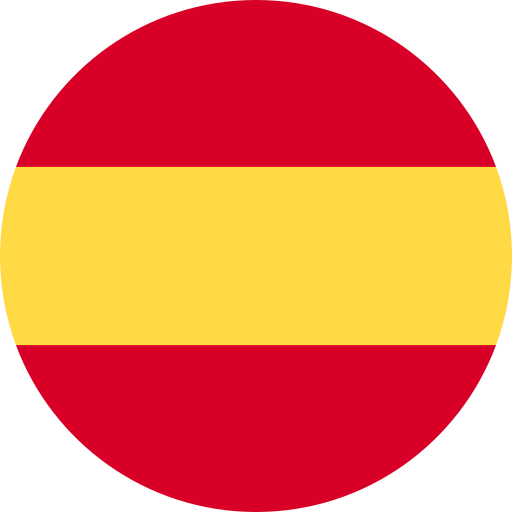
As a grammar lover, I do pay a lot of attention to how people in general write.
In all my three languages, there are a few recurring words that people—and I’m talking about native people here—often confuse, misspell and/or they’re just not bothered enough to write well. Truth is, it takes as long to spell a word right or wrong, and just a few seconds longer to check before hitting "send". Why not do it? Let’s write well!
Of all the many mistakes that natives make when writing posts, emails, messages—also for business!—these are the ones that drive me absolutely crazy.
The contraction curse (English)
Often, we see things like C U to say See you o lmk (let me know). I personally try to avoid it, but it’s “OK”. What it’s NOT OK is not to use apostrophes—they exist for a reason!
- Its VS It's. Its = possessive. This is a frittata and those are its ingredients. It's = It is. How's that cake? It's yummy!
- They're VS Their VS There. They're pronounced pretty much the same, but: They're = they are; I made cookies, they're delicious! Their = possessive. That's their car. There = it refers to a place. Look at that thing over there!
- You're VS Your. You're = You are. Thank you, you're so kind. Your = possessive. Your English is very good!
The naughty accent (Italian):
This one’s a classic among Italians. Even professional writers get it wrong sometimes! If you read this, please write it correctly from now on.
- Perché VS è. The accent on perché (because/why) goes up to the right; the accent on è (is) goes up to the left. It's a small detail that makes a huge difference in your writing. Oggi è un bel giorno, perché c'è il sole (today it's a beautiful day, because it's sunny).
The malefic twins (Spanish)
B and V are very confusing sounds for Spaniards. It’s incredible how many people don’t hear the difference between the two (let alone write it). This is the most common mistake:
- Haber VS A ver. Haber = to have. Lo siento haber tardado tanto (I'm sorry it's taken me so long). A ver = Let's see (it's vamos a ver, without the "vamos" part). A ver si podemos ir (Let's see if we can go).
The wrong we (English)
We was. This is something British people say a lot—and by a lot I mean pretty much always.
- We were VS We was. The only difference between these two is that n.2 is wrong! We always goes with were: I was, we were. We were just talking (stavamo solo parlando).
Bonus: The long lost accents (Spanish)
Tú VS Tu.Tú (with accent) = subject; Tú eres divertido (you are funny).Tu (no accent) = possessive; Tu casa es grande (your house is big).
Cuándo VS Cuando. All question words in Spanish get an accent in writing.Cúando vamos? Cuando llegue tu padre. (When are we leaving? When your father arrives).
If you, too, like to write well, tweet this. What are the mistakes that drive you crazy in your own language? Let me know here.
































